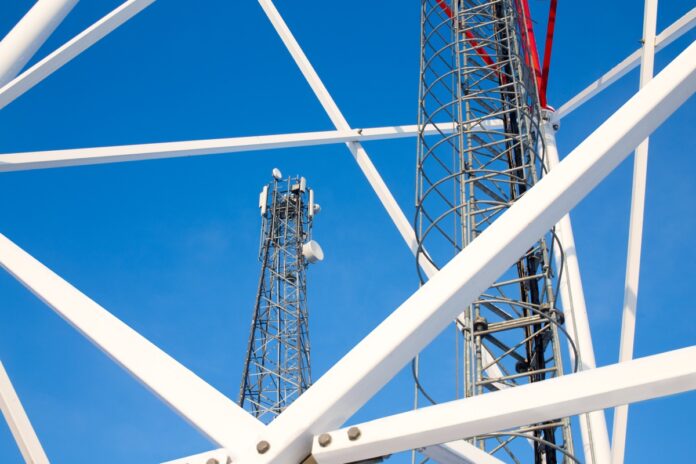The GSMA has warned of a “worrying trend” of badly run spectrum auctions which artificially inflate prices and inefficiently distribute already-scarce spectrum resources.
The trade body warned that current approaches risk harming consumers.
“Auctions can and do fail when poorly designed,” said Brett Tarnutzer, Head of Spectrum, GSMA. “We’re seeing a worrying trend of badly run spectrum awards that could seriously impact the potential of 5G before we get started. It’s time for policymakers to work more closely with stakeholders to enable more timely, fair and effective awards.”
The GSMA didn’t name names, but the German 5G spectrum auction has reached round 305 with the value of all the bids amounting to €5,687,520,000. The main operators took the regulator to court in a failed attempt to change the terms and conditions of the auction.
The GSMA has published a new Auction Best Practice paper which outlines recommendations including:
• The top priority for spectrum auctions should be to support affordable, high-quality mobile services – not to maximise revenues;
• Auctions should not be the only award process considered, as they are not always suitable;
• Assign a sufficiently large amount of spectrum and publish roadmaps to support high-quality mobile services. Set-asides for vertical sectors or new entrants may threaten how much operators can access and also risk inflating spectrum prices;
• The auction design should not create unnecessary risk and uncertainty for bidders; and
• Poorly chosen lot sizes or inflexible packages of spectrum lots risk inefficient outcomes.
According to the GSMA, the socio-economic impact of 5G will be $2.2 trillion (€1.96 trillion) over the next 15 years, with key sectors such as manufacturing, utilities and professional/financial services benefiting the most from the new technology.
By 2025, 5G is also forecast to account for around 30% of connections in markets such as China and Europe, and around half of the total in the US.
Crucial time
Spectrum allocation early movers include Finland, Italy, Spain, South Korea, United Arab Emirates, and the United Kingdom, who all held 5G spectrum auctions last year. Austria, Canada, Denmark, Germany, Hong Kong, Japan, Saudi Arabia, Switzerland and the USA have assigned spectrum this year and over ten countries, including France, India, Mexico, Greece and Romania, plan to hold spectrum auctions by the end of the year.
“This is a crucial time in the development of 5G,” added Tarnutzer. “Spectrum is essential fuel for mobile networks and its ineffective use will only lead to bad consequences for consumers. The most important objective of awarding frequencies should not be about making the most money, but rather about ensuring consumers benefit from the best mobile connectivity.”



